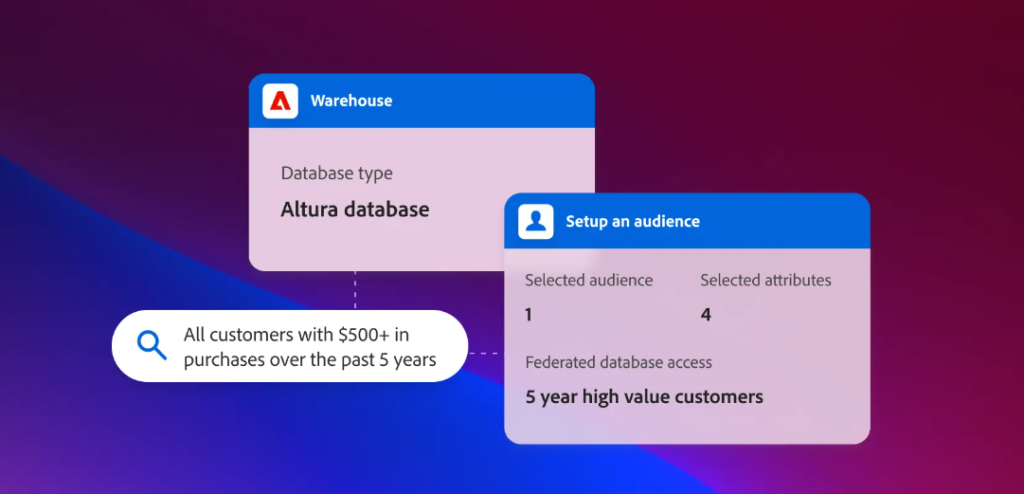For Hospitality Brands, Becoming Customer-Centric is Becoming Guest-Centric
June 5, 2018Hospitality marketing departments face many challenges: a lot of processes are still following a slow batch rhythm, there is a lot of data fragmentation (data silos), guest data is often created and owned separately by marketing, customer service, physical retail and sales departments, guests’ usage of digital channels is growing, and will increase even more in the future with the rise of ever more devices.
Those digital touch points produce a wealth of behavioral data, making the challenge to connect all the data even bigger. But, at the same time, the loyalty of guests is harder to earn, and there is very little time to learn about the guest, find out what he or she is interested in and to react to opportunities or risks in a consistent, timely and relevant manner. Improving the guest experience and being able to deliver new types of integrated services on top of that will be the key differentiators in the coming years.
The “integrated resort” is on the rise in popularity for the complete and multi-faceted experience it offers its guests. This kind of resort is the epitome of convenience and matching expectations – something people want for their valuable breaks from everyday reality. Everything you need is under one roof, steps away from your room. Restaurants, shows, casinos, recreation, spa services and retail shopping – guests don’t have to leave the facilities to have an all-inclusive experience.
With the combination of activities and full services, your resort can collect customer data in all sorts and forms: What are they spending money on? Do they favor room service or dining in the restaurants? Who are night owls vs. early risers? Do they prefer pampering or fitness sessions? Do they plan their activities in advanced or more spur of the moment? What are the trends in how, when and from which devices they conduct their bookings?
Because of the abundance of guest data, marketing and customer experience departments in large hospitality brands face some important challenges:
- There’s a lot of data fragmentation (data silos) since guest data is often created and owned separately by reservation systems, marketing, customer service, physical retail and sales departments
- Many campaign processes are still following a slow batch rhythm, which are sent to broad segments with impersonal and irrelevant offers and messages
- Guests’ usage of digital channels is growing, and will increase even more with the use of various devices
Guests are becoming more demanding of quality service and their loyalty is harder to earn, forcing you to react to customer opportunities or risks very quickly. The more you know about your guests and their history with you and all your properties, the better you can serve them. This knowledge is not concentrated in one channel (e.g. the online channel, the mobile channel, the call center…) but should be based on insights gathered across all channels and devices.
Improving the guest experience and delivering new types of integrated services will be key differentiators in the years to come. It’s time to take advantage of all the data that you have on your customers, from all sources. You need to connect and engage with each and every guest, based on all of the intelligence that your brand collects, and put it into action.


